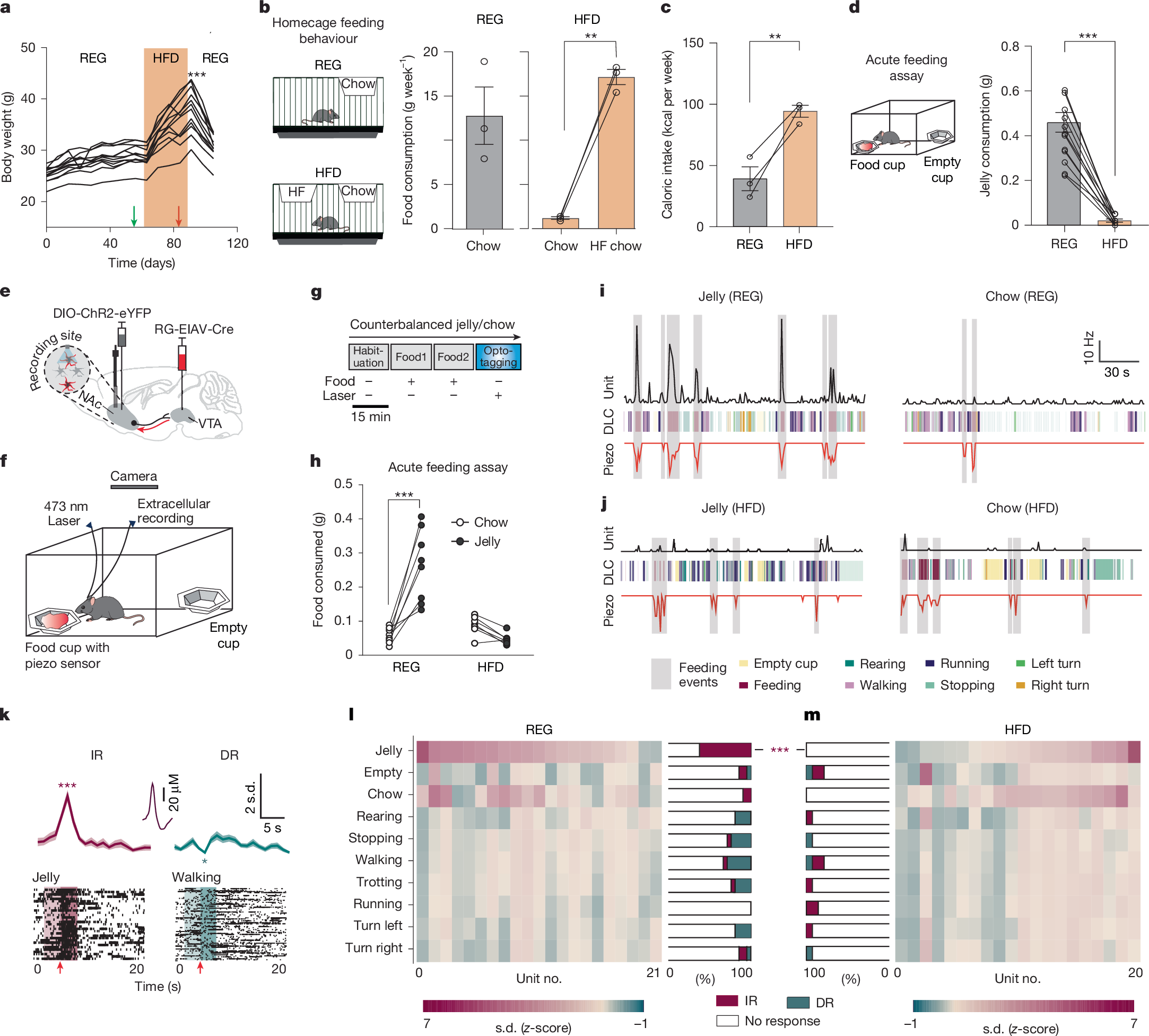2025-03-26 ヒューストン大学(UH)
<関連情報>
- https://uh.edu/news-events/stories/2025/march/03262025-kumar-muscle-degeneration-target.php
- https://insight.jci.org/articles/view/187825
- https://www.life-science-alliance.org/content/6/12/e202302312
線維芽細胞増殖因子誘導性14は骨格筋修復におけるサテライト細胞の自己再生と増殖を制御する Fibroblast growth factor–inducible 14 regulates satellite cell self-renewal and expansion during skeletal muscle repair
Meiricris Tomaz da Silva, Aniket S. Joshi, and Ashok Kumar
JCI Insight Published: January 28, 2025
DOI:https://insight.jci.org/#wechat
Graphical Abstract

Abstract
Skeletal muscle regeneration in adults is predominantly driven by satellite cells. Loss of satellite cell pool and function leads to skeletal muscle wasting in many conditions and disease states. Here, we demonstrate that the levels of fibroblast growth factor–inducible 14 (Fn14) were increased in satellite cells after muscle injury. Conditional ablation of Fn14 in Pax7-expressing satellite cells drastically reduced their expansion and skeletal muscle regeneration following injury. Fn14 was required for satellite cell self-renewal and proliferation as well as to prevent precocious differentiation. Targeted deletion of Fn14 inhibited Notch signaling but led to the spurious activation of STAT3 signaling in regenerating skeletal muscle and in cultured muscle progenitor cells. Silencing of STAT3 improved proliferation and inhibited premature differentiation of Fn14-deficient satellite cells. Furthermore, conditional ablation of Fn14 in satellite cells exacerbated myopathy in the mdx mouse model of Duchenne muscular dystrophy (DMD), whereas its overexpression improved the engraftment of exogenous muscle progenitor cells into the dystrophic muscle of mdx mice. Altogether, our study highlights the crucial role of Fn14 in the regulation of satellite cell fate and function and suggests that Fn14 can be a potential molecular target to improve muscle regeneration in muscular disorders.
Fn14は再生筋形成において筋芽細胞融合を促進する Fn14 promotes myoblast fusion during regenerative myogenesis
Meiricris Tomaz da Silva, Aniket S Joshi, Micah B Castillo, Tatiana E Koike, Anirban Roy, Preethi H Gunaratne, Ashok Kumar
Life Science Alliance Published: 9 October 2023
DOI:10.26508/lsa.202302312

Abstract
Skeletal muscle regeneration involves coordinated activation of an array of signaling pathways. Fibroblast growth factor–inducible 14 (Fn14) is a bona fide receptor for the TWEAK cytokine. Levels of Fn14 are increased in the skeletal muscle of mice after injury. However, the cell-autonomous role of Fn14 in muscle regeneration remains unknown. Here, we demonstrate that global deletion of the Fn14 receptor in mice attenuates muscle regeneration. Conditional ablation of Fn14 in myoblasts but not in differentiated myofibers of mice inhibits skeletal muscle regeneration. Fn14 promotes myoblast fusion without affecting the levels of myogenic regulatory factors in the regenerating muscle. Fn14 deletion in myoblasts hastens initial differentiation but impairs their fusion. The overexpression of Fn14 in myoblasts results in the formation of myotubes having an increased diameter after induction of differentiation. Ablation of Fn14 also reduces the levels of various components of canonical Wnt and calcium signaling both in vitro and in vivo. Forced activation of Wnt signaling rescues fusion defects in Fn14-deficient myoblast cultures. Collectively, our results demonstrate that Fn14-mediated signaling positively regulates myoblast fusion and skeletal muscle regeneration.

